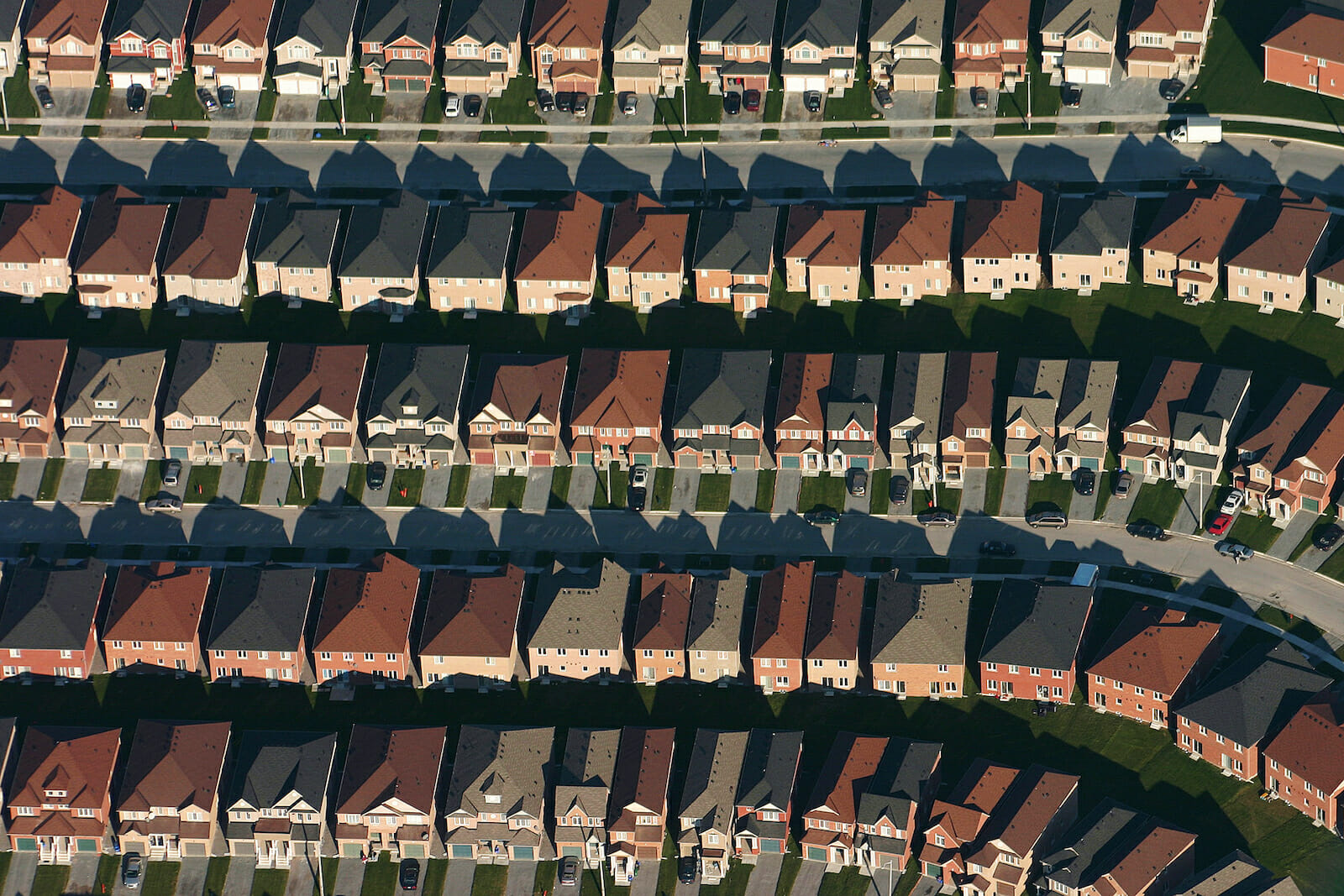
How Will the Housing Market Be Affected by the Election?
As the United States awaits the result of the presidential election, uncertainty surrounds virtually every socioeconomic issue. 2020 has been an unpredictable year for all industries, and people are anxious to see how the election could change things. The future of the housing market seems particularly challenging to predict.
Real estate and housing have had an unusual year, even compared to other industries amid COVID-19. Factors like falling mortgage rates have led to a housing boom overall, yet markets in more crowded cities have struggled. While housing demand has risen, 40 million Americans risk eviction due to widespread unemployment.
Amid these unique circumstances, the housing market faces an uncertain future. The election adds another variable that could either alleviate or exacerbate current conditions. So how will it affect the housing market?
How the Housing Market Has Reacted to Past Elections
To predict how the election might impact housing, it helps to look at past elections. In the past, new home sales dropped by a median of 15% around election time. Potential buyers tend to put any activity on pause until after the election when they can predict economic factors with more certainty.
In the year following an election, this decline in sales continues, but typically at roughly half the rate. After that, outside of any major policy changes, the market tends to recover. If these trends continue, housing sales will dip through the end of the year but rise again before the end of 2021.
As impactful as elections seem, mortgage interest rates have historically remained unaffected in election years. Even in 2008, rates shifted by less than 2%, despite it being an election year in the middle of a recession. So if 2020 follows historical precedent, the election itself won’t have a substantial immediate impact on the housing market.
Housing Policies of Each Candidate
Of course, buyers’ reactions to election uncertainty aren’t the only factor that affects the market. The market could respond differently to either candidates’ policies, which would likely represent a more substantial shift. Depending on who wins the election, housing policy would benefit either wealthier homeowners or lower-income buyers.
The Obama-era Affirmatively Furthering Fair Housing Act (AFFH) is likely the most significant thing in question here. President Trump had repealed the act, which required communities to combat housing discrimination through actions like constructing low-income housing. By contrast, Joe Biden intends to reinstate the policy should he win the election.
Biden’s housing plan also includes up to $15,000 in tax credits for first-time homebuyers. This policy, combined with the revival of AFFH, would favor buyers over sellers and current homeowners. Alternatively, Trump’s policies would likely further current conditions that create a more attractive market for homeowners and sellers.
How soon either policy could instill real change depends on other factors, too. Most significantly, how fast the economy can recover from COVID-19 losses. No matter who wins the election, they’ll have to help markets overcome the COVID recession before long-term, substantial housing changes can happen.
Unique Considerations in 2020
This year stands out from past elections thanks to the ongoing COVID-19 pandemic and its repercussions. As a result, historical precedence may not be the most accurate indicator of the housing market’s future. The pandemic has created an unusual housing situation, making predictions challenging.
While the industry as a whole has boomed, this boom has been mostly confined to high-income housing. As Andy Wallen, director of market research at Black Knight, points out, while the pandemic has pushed prices higher and helped existing homeowners, it has made low-end home buying a struggle. So whether the market, in practice, is doing well or needs improvement right now depends on whose perspective you consider.
COVID-19 has created a remarkably uneven economy in many areas. As a result, any changes likely won’t improve or worsen the situation for all parties. Growing disparity amid the pandemic means that, one way or another, one group will benefit while another struggles after the election.
The election can bring substantial changes to the housing market, but it isn’t the only factor at play. Considering all of this interconnectedness and unpredictability, the future of housing is still up in the air. Homebuyers and homeowners will have to wait tentatively for more conclusive results to predict anything with confidence.

